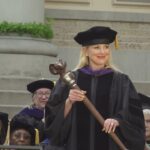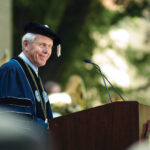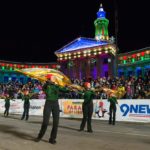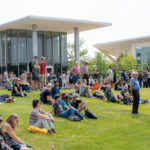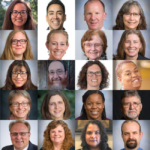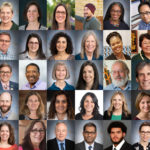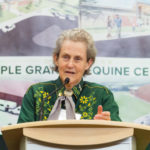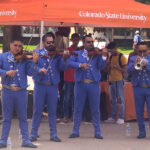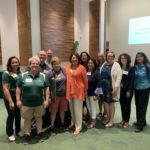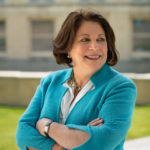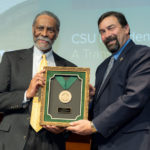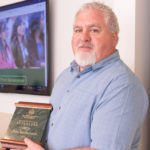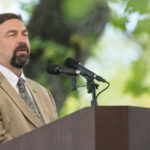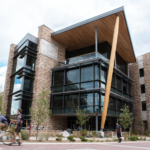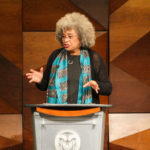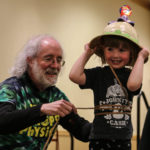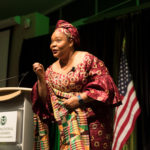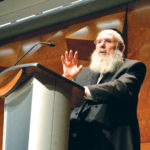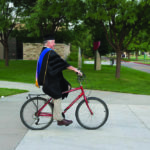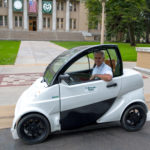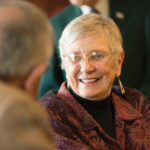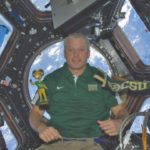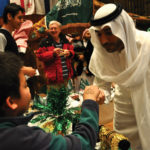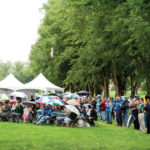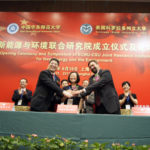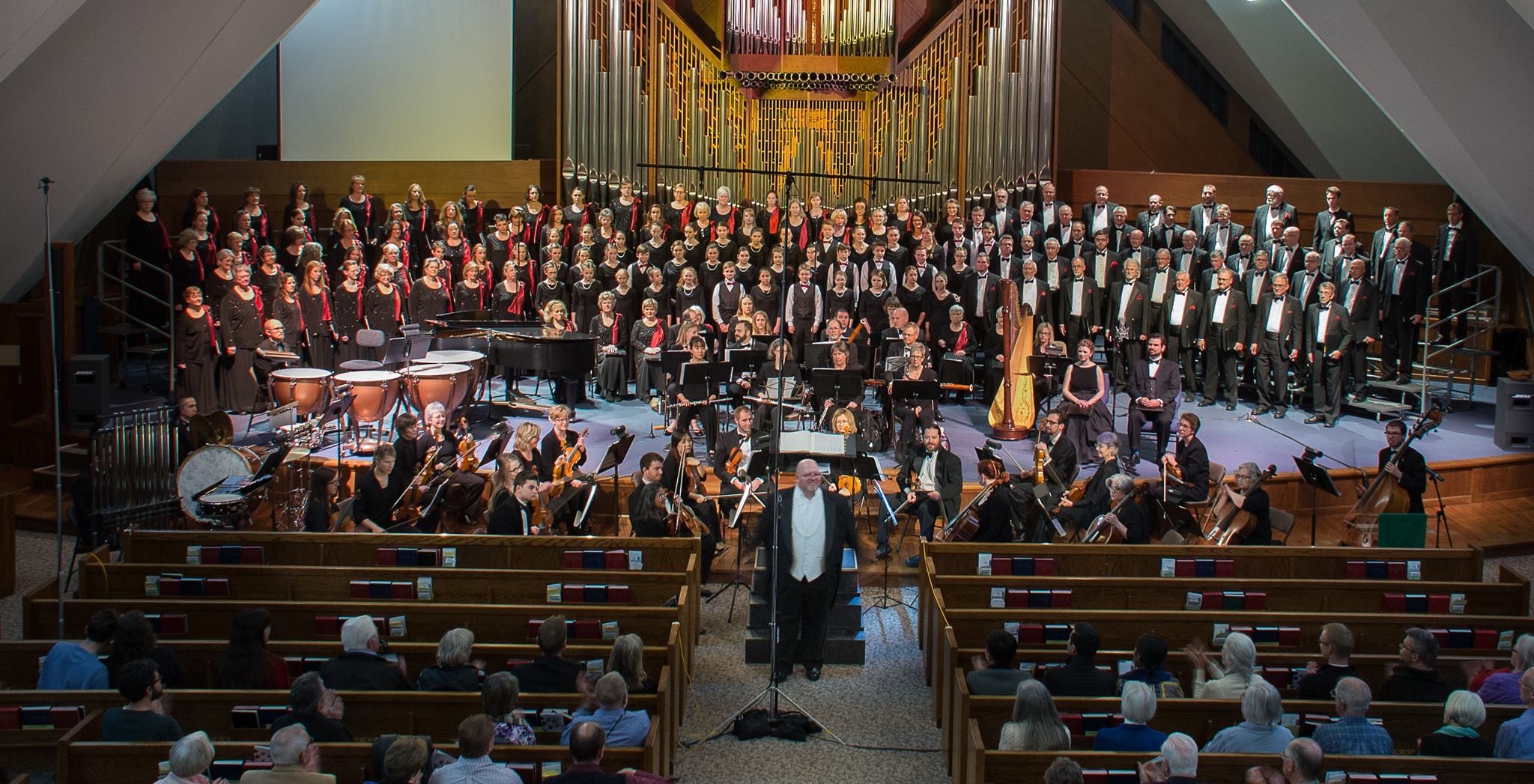
“We thought to ourselves: ‘This is bad. We’ve got to finish our dissertations.’ But we literally could not stop playing the Sims.”
Those words might evoke horror out of prospective, current or former graduate and Ph.D. students – dissertations are substantial, tedious research projects that contribute to a student’s respective field of study – certainly, not something to procrastinate on. For Rosa Mikael Martey, a communication scholar and Journalism and Media Communication professor at Colorado State University, this procrastination was far from that.
“Those games, somehow, simultaneously brought in all of my interests – fashion, music, identity, creativity – so it kind of brought all of that in, all of these different aspects of my interests, and I realized that I wanted to do games,” said Martey.
No, not exactly traditional first-person shooter games – not Call of Duty or similar battlefield-centric games – more of the role-playing, identity-rich, stylized games, like The Sims, Minecraft, or World of Warcraft. These games poke the individual to think deeply about their decisions, their choices and, even more so, their identities – both in-game and in the real world. This is the aspect of gaming that fascinated Martey and gave light to her dissertation (and later, career) studies within new communication technologies, online social interaction, identity and inclusion studies, and…you get the picture. Martey is an incredibly talented, diverse woman.
“I realized that I found games very fascinating – how they were set up, how they told stories, how you design yourself in this space, and – most importantly – that games are a great place to look at our identities and social norms – because we literally design the performance of the self in these places.”
While being a professor in CSU’s JMC department, as well as the Faculty Coordinator for Diversity & Inclusion in the CLA Dean’s Office, Martey holds dozens of published works in the sector of digital technologies, data collection, information design and, yes, gaming. All of this, of course, is balanced carefully on top of her passions for vocal performance and fashion design.
“I had singing gigs at churches throughout graduate school, did solo work and have been a part of a couple of choral groups here in Fort Collins – and I was a costume director for some plays in college and for some figure skating ensembles here in town. Throughout it all, I knew that even though I wasn’t going to do this as my main profession, this was a vital, significant part of my life,” Martey said.
Just as Martey was able to conjoin her interests in academia with her interests in gaming and digital technologies, she was uniquely able to combine her performance arts interests with her identity.
“I love choral music and the arts for the way voices are blended together,” Martey explained, “the harmonies that are created, essentially. There’s something that’s really different about being part of an ensemble – that it’s far more than the sum of its parts – it just has this power that is so special.”
Martey spent much of her early career trying to figure out who she was amidst all of her pursuits – a journey that many of us go through on our way through life.
“I spent a lot of time as a graduate student, and even early career faculty member, trying to define what my area of interest was,” Martey said, reminiscing on her career.
Being so diverse and multifaceted allowed Martey to understand the creative demands her academic career required, and how that brilliantly allowed all of her interests to have a home in academia.
“I did a project with The Sims and World of Warcraft that more or less proved that I could fit everything together – I was designing a space, I’m creating houses, I’m doing voiceovers, it was all the things, which allowed research projects to continue to get funding, and allow me to become a successful researcher,” she said.
Martey realized all of these parts of herself and her life, somehow, magnificently came together in academia.
That power – that cohesion of things that seemingly have no place being in the same sentence, like video games and college dissertations, for instance – is incredibly unique. When you unveil what’s often masqueraded by our professional lives, you can uncover things that aren’t just surprising, but inspiring – like Dr. Martey’s ability to harmonize her academia and passions in life.
“As researchers and students of life, we have to have our own creativity and our own curiosities be a driving force,” she said. “It’s not always passion and it’s not always love – but it is those curiosities that we need to make room for. That’s what makes a good academic: having those curiosities and being confident enough to pursue them.”
There’s no doubt that Martey has fearlessly chased her passions throughout her life – and with a recently completed contract from the IARPA, and a published booklet (Multiculturalism Matters), she’s unlikely to be stopping anytime soon.
